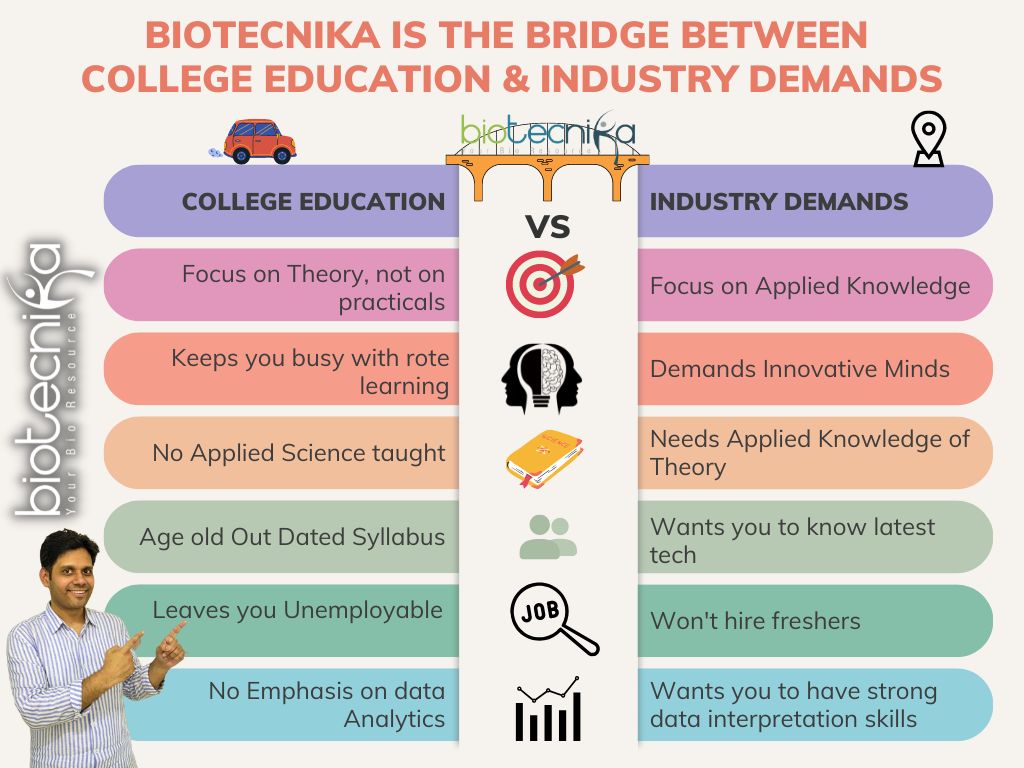Not known Facts About Bioinformatics Tutor
Table of ContentsThe 10-Second Trick For Bioinformatics TutorSome Known Factual Statements About Bioinformatics Tutor Some Known Facts About Bioinformatics Tutor.The Bioinformatics Tutor PDFsIndicators on Bioinformatics Tutor You Need To Know
Of the overall participants included in the training, 80% were trainees from public college organizations, while the continuing to be 20% came from exclusive organizations. To get a certificate of participation, trainees were called for to go to a minimum of 90% of the overall training hours. As an outcome of this need, an impressive 95% of the participants effectively gotten their certificates, having not only satisfied the minimum attendance requirements but also completed all designated tasks throughout the training.
Throughout the elevation of the COVID-19 pandemic, especially between June and August 2020, the job group was tasked with arranging specialized training in bioinformatics. This training was specifically targeted at trainees from the study team Center for Study in Applied Computing at the Federal University of Pará (UFRA) The adaptation to remote discovering systems because of the pandemic produced an opportunity to discover new mentor methodologies and electronic tools that enhanced both reach and efficiency.
This program was developed to give an easily accessible yet thorough review of Artificial Knowledge methods, particularly as used in bioinformatics (Bioinformatics Tutor). This online style made it possible for involvement from pupils throughout Brazil, several of whom could not have had the opportunity to attend in-person sessions.
Bioinformatics Tutor for Beginners
Roughly 50% of the overall training hours were dedicated to sensible activities where trainees constructed smart designs and applications in a range of scientific domains, consisting of genes, molecular biology, and environmental data evaluation. These platforms made it possible for trainees to involve in real-time data control, model training, and formula testing.
The course drew in 80 individuals in total amount. Sixty of them were connected with various college institutions in the state of Pará, while the staying twenty originated from institutions situated in five various other Brazilian states. This wide geographical representation highlighted the nationwide rate of interest in bioinformatics and the expanding need for specialized abilities in this field. By introducing Expert system in a relevant and functional context, the effort served to connect the gap between theory and real-world application, providing students with a solid structure for future research study or work in the field.
The training initiative formed part of a wider scholastic outreach effort understood as the Bioinformatics when driving project. This project has, throughout the years, introduced lots of students to the world of bioinformatics and computational biology. The occasions held under this umbrella effort have happened across multiple areas and years, as summarized in Table 1 (Checklist of events, locations, years, and complete varieties of trainees and instructors)
Numerous of these groups, originally brought with each other by their involvement in training events, have actually because gone on to create independent scientific study in collaboration visit with regional scholastic organizations. The training not just fostered clinical reasoning within the context of bioinformatics but likewise triggered collective partnerships that extended past the training environment.
All About Bioinformatics Tutor
The exact same group, leaving out IH and RR, additionally acted as tutors for the sensible training components. Financing for the project was provided through the give 88887.200562/ 2018-00 from CAPES.
The Federal College of Pará's Workplace of Study (PROPESP/UFPA) likewise offered monetary assistance, particularly for the production of the last manuscript. The writers declare no financial or commercial conflicts of passion that can have affected the study. Moreover, all interpretations and opinions shared in this short article are only those of the writers and do not always reflect those of their respective organizations, try this the publisher, editors, or customers involved in the magazine process.

The Facts About Bioinformatics Tutor Revealed
From a pedagogical perspective, the mentor technique utilized in the training was deliberately interactive. Classes were performed in a fashion that encouraged trainee engagement and discussion, going beyond memorizing memorization to check out exactly how ideas are established, used in life, and examined in academic setups. The educational viewpoint concentrated on nurturing both solid and battling pupils, offering individualized assistance, and building confidence via sustained mentorship and perseverance.

Each group, being composed of about 36 individuals, was sustained by three advisors-- many of whom were postdoctoral researchers with specialized knowledge. These mentors not just assisted create the team jobs but also facilitated their implementation, guaranteeing that each research study inquiry was both suitably difficult and relevant. The goal was to offer a biologically practical context that individuals could explore through flexible objectives and access to curated datasets.
For additional insights right into the approach and results of this project-based learning technique, readers are routed to Check Out Your URL S1 Text, which consists of thorough summaries of the pedagogical framework, assessment approaches, and job styles utilized in the training sessions.
Top Guidelines Of Bioinformatics Tutor
Of the total amount individuals entailed in the training, 80% were students from public higher education and learning organizations, while the staying 20% came from exclusive establishments. To qualify for a certification of involvement, students were needed to attend at least 90% of the overall training hours. Notably, past the students who registered in the training sessions, seven skilled trainers got involved in delivering the programs, while three committed study teachers coordinated the overall training procedure. Approximately 50% of the total training hours were dedicated to useful activities where pupils constructed smart designs and applications in a range of clinical domain names, including genes, molecular biology, and environmental information analysis. The training not only promoted scientific reasoning within the context of bioinformatics however likewise sparked joint relationships that prolonged past the training atmosphere.